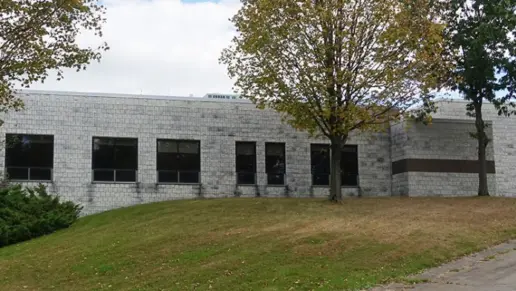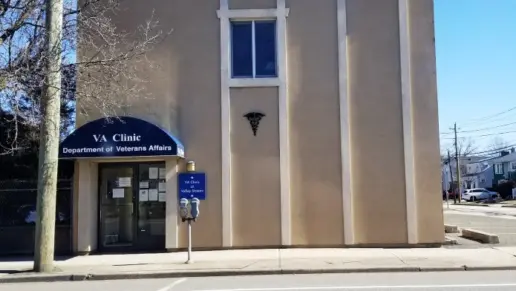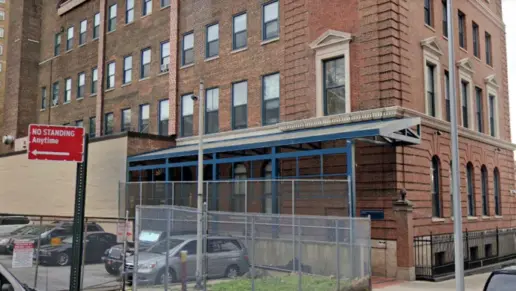Rose hill does not have separate age groups as suggested on the website and there are no personalized treatments. 12-20 year olds will share rooms and go to the same groups. Staff is incredibly inconsistent with what the rules are and undermind each other constantly. Some of ...
About St Josephs Addiction Treatment and Recovery Centers at Rose Hill
St. Joseph’s Addiction Treatment’s Rose Hill site is an addiction treatment facility in Massena, New York. It’s for adolescents and young adults ages 12-20. They offer residential treatment and aftercare support, including specialized services for members of the LGBTQ+ community and clients with co-occurring disorders. Admission into the program is voluntary and all clients must agree to treatment.
Their residential treatment includes group sessions, individual counseling, and recreational therapies to help clients better understand and work through the psychological aspects of their condition. The program incorporates personalized plans, a team approach, and gender affirming care, all provided by masters-level licensed clinicians. They also operate a designated adolescent program that includes individual and family counseling. You’ll receive a medical physical and comprehensive medical history assessment, and a board certified pediatrician provides primary medical care.
Life skills, educational groups, meditation, anger management, and educational services are all provided, tailored to meet each adolescent’s recovery needs. Rose Hill staff are experienced in treating co-occurring conditions such as anxiety, depression, and ADHD. Treatment focuses on the whole person to address these issues along with addiction challenges.
Treatment at Rose Hill includes the development of a personalized discharge plan that encourages ongoing recovery after residential treatment is completed. Their goals are to prepare you for future challenges and prevent relapse. If you’re enrolled in the adolescent recovery program, you’ll receive educational and vocational support. Tutorials, GED prep, online college coursework, and job training are provided.
They accept most forms of commercial insurance. Speak with your provider to check your coverage because out of network benefits can vary.
Facility Overview
Rehab Score
Gallery
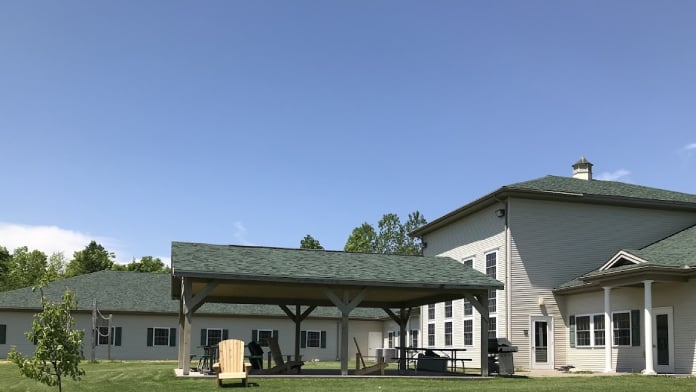
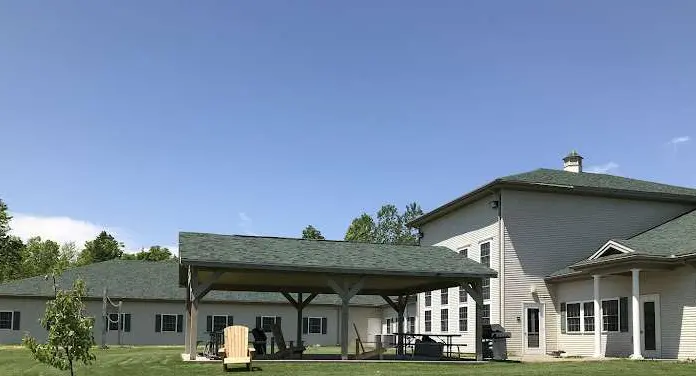
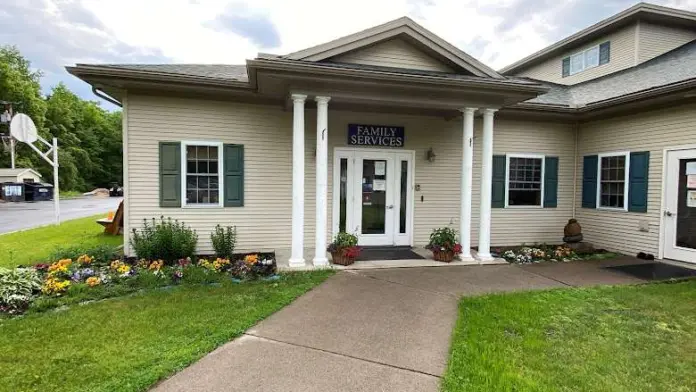
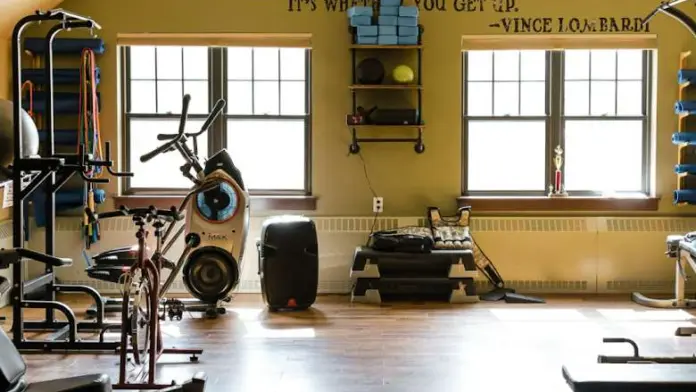
Location
Other Forms of Payment
Private insurance refers to any kind of healthcare coverage that isn't from the state or federal government. This includes individual and family plans offered by an employer or purchased from the Insurance Marketplace. Every plan will have different requirements and out of pocket costs so be sure to get the full details before you start treatment.
Self-pay involves paying for treatment out of your own pocket. You can use savings or credit, get a personal loan, or receive help from family and friends to fund your treatment. If you don't have insurance or your insurance plan doesn't cover a specific program, self-pay can help ensure you still get the care you need.
Medicaid is a state based program that helps lower-income individuals and families pay for healthcare. Medicaid covers addiction treatment so those enrolled can use their coverage to pay for rehab. When a program accepts Medicaid the client often pays very little or nothing out of their own pocket.
Addiction Treatments
Levels of Care
Treatments
The goal of treatment for alcoholism is abstinence. Those with poor social support, poor motivation, or psychiatric disorders tend to relapse within a few years of treatment. For these people, success is measured by longer periods of abstinence, reduced use of alcohol, better health, and improved social functioning. Recovery and Maintenance are usually based on 12 step programs and AA meetings.
When you choose drug rehab in New York, you'll participate in a variety of treatments that are designed to help you live a drug-free lifestyle. Common methods of treatment include group, individual, and family counseling, medication management, nutrition, exercise, and management of co-occurring mental health disorders.
Many of those suffering from addiction also suffer from mental or emotional illnesses like schizophrenia, bipolar disorder, depression, or anxiety disorders. Rehab and other substance abuse facilities treating those with a dual diagnosis or co-occurring disorder administer psychiatric treatment to address the person's mental health issue in addition to drug and alcohol rehabilitation.
Opioid rehabs specialize in supporting those recovering from opioid addiction. They treat those suffering from addiction to illegal opioids like heroin, as well as prescription drugs like oxycodone. These centers typically combine both physical as well as mental and emotional support to help stop addiction. Physical support often includes medical detox and subsequent medical support (including medication), and mental support includes in-depth therapy to address the underlying causes of addiction.
Substance rehabs focus on helping individuals recover from substance abuse, including alcohol and drug addiction (both illegal and prescription drugs). They often include the opportunity to engage in both individual as well as group therapy.
Programs

Clinical Services
Research clearly demonstrates that recovery is far more successful and sustainable when loved ones like family members participate in rehab and substance abuse treatment. Genetic factors may be at play when it comes to drug and alcohol addiction, as well as mental health issues. Family dynamics often play a critical role in addiction triggers, and if properly educated, family members can be a strong source of support when it comes to rehabilitation.
Group therapy is any therapeutic work that happens in a group (not one-on-one). There are a number of different group therapy modalities, including support groups, experiential therapy, psycho-education, and more. Group therapy involves treatment as well as processing interaction between group members.
In individual therapy, a patient meets one-on-one with a trained psychologist or counselor. Therapy is a pivotal part of effective substance abuse treatment, as it often covers root causes of addiction, including challenges faced by the patient in their social, family, and work/school life.
Life skills trainings involve all the skills a person must have in order to function successfully in the world. These include time management, career guidance, money management, and effective communication. Truly successful addiction recovery is based on the ability to not only live substance-free, but to thrive. Life skills teaches the practical necessities of functioning in society, which sets clients up for success in life, and therefore sobriety.
Recreational therapy (aka therapeutic recreation) uses creative and fun activities to help with addiction recovery. Recreational therapists lead patients in entertaining and engaging activities like sports or games; art (drawing, painting, sculpture); drama, music, and dance; and/or community outings (field trips) to improve patients' physical, social, and emotional well-being.
Introduced in 1983, motivational interviewing is a method to help clients commit to change. It's based on the philosophy that change is hard, and clients must explore their own options and come to their own conclusions rather than receive warnings or advice from the therapist.
Trauma therapy involves working through the psychological and emotional impact of a traumatic event. You learn to identify the triggers and develop coping mechanisms that build a sense of safety and trust in yourself.
Staff & Accreditations
Staff
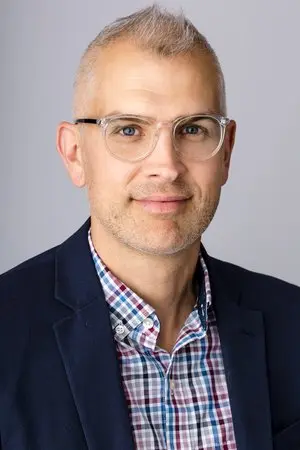
President & CEO
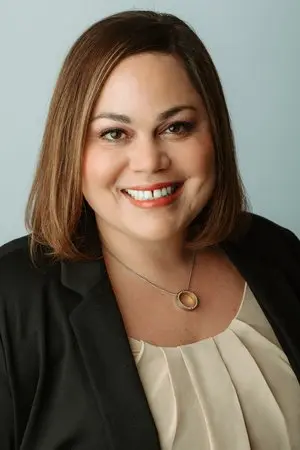
VP of Operations & Finance & Chief Operations Officer
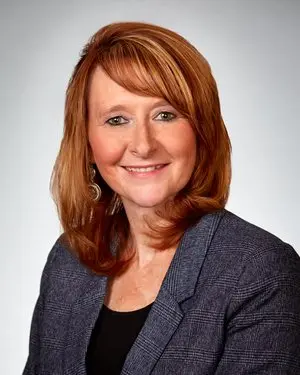
Chief of Staff
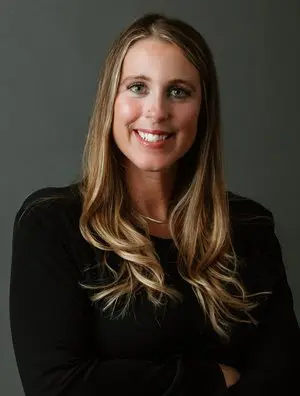
Associate Vice President of Finance
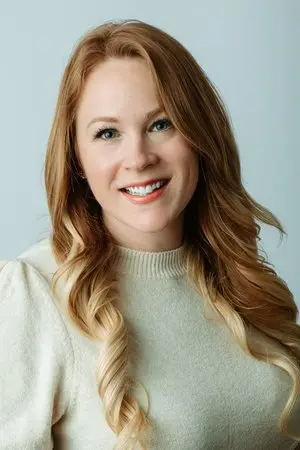
Associate Vice President of Operations
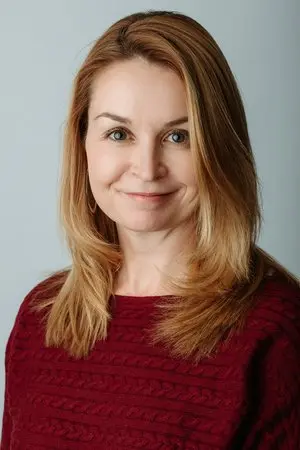
Associate Vice President of People
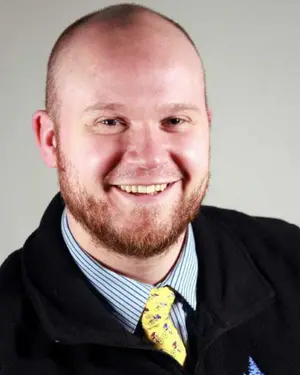
Associate Vice President of Clinical Care

Board Chairperson
Accreditations

The Commission on Accreditation of Rehabilitation Facilities (CARF) is a non-profit organization that specifically accredits rehab organizations. Founded in 1966, CARF's, mission is to help service providers like rehab facilities maintain high standards of care.
CARF Accreditation: Yes
Accreditation Number: 265793

The Substance Abuse and Mental Health Services Administration (SAMHSA) is a branch of the U.S. Department of Health and Human Services. Established in 1992 by congress, SAMHSA's mission is to reduce the impact of substance abuse and mental illness on American's communities.
SAMHSA Listed: Yes

State Licenses are permits issued by government agencies that allow rehab organizations to conduct business legally within a certain geographical area. Typically, the kind of program a rehab facility offers, along with its physical location, determines which licenses are required to operate legally.
State License: New York
Contact Information
100 County Route 43
Box 100
Massena, NY 13662
